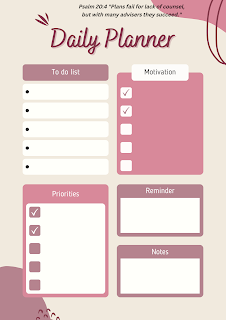One of the key points I have learned over the past 30+ years of working in the N-F-P areas and participating in meetings is that having an ‘Action Sheet’, or ‘Follow-up post meeting’ sheet for the different people involved is a very helpful document.
So, what I
am talking about?
You attend
a meeting, take notes, type minutes, correspondence, etc. as a secretary. You send out the final minutes, and a week before
the next meeting, one of the managers/directors, etc. will contact you asking
what they were supposed to complete before the upcoming meeting? So, you scurry
through the last set of minutes trying to note where they were assigned tasks and
then collate all you’ve found to send to them.
One way I
have learned to overcome this issue from many years of experience writing
minutes is to have an ‘action sheet’ where I note the tasks to be completed by different
portfolios/managers as I am finalizing the minutes to be sent out.
You may
have one sheet and note all actions with the name of the assigned person and perhaps
a ‘tick box’
next to their name; alternatively, you may choose to have a sheet per
portfolio/manager and list for them all their assigned tasks. It would be very helpful to them if you also
include where in the minutes each task has been assigned to them.
Example:
Name of Portfolio: XXXX XXXXXXXX
Minutes of Meeting: XX – XX XXXX
Tasks Assigned:
Item
# Task:
______________________________________________
Item
# Task:
______________________________________________
This step in your finalizing minutes and post-meeting steps
will assist, not only you but also the portfolios/managers who have been assigned
tasks.
You may think, well it’s their responsibility, and that is
true, however, as the secretary/administrator, it helps you to be a positive
communicator.














